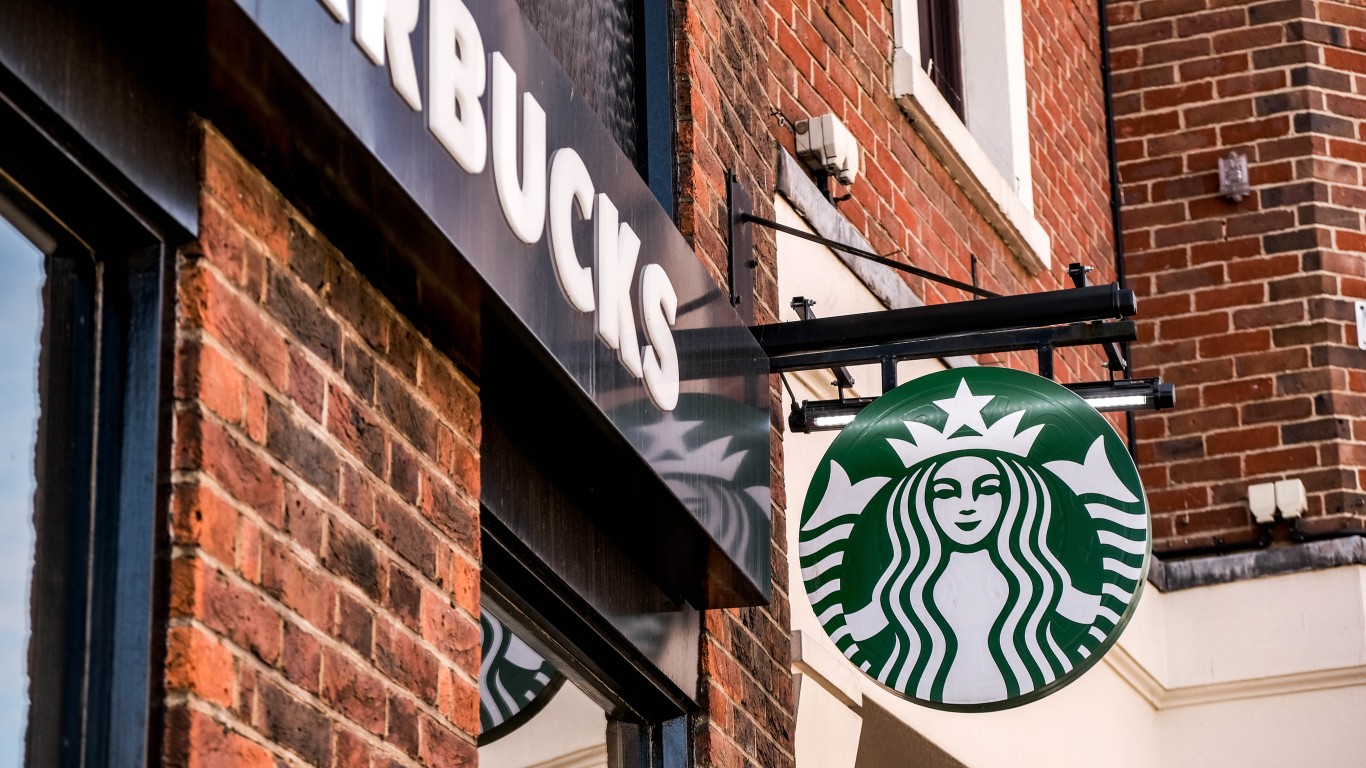

Being a food distributor and packaging company has traditionally been one of the steadiest and defensive business models in the country. After all, everyone has to eat. The major crack that has unfolded in the wake of the COVID-19 pandemic is that consumers can only buy food from grocery chains, online and takeout in much of the country. The food being sold through hotels and restaurants has become minimal, with so many locations locked up. To make matters worse, thousands of hotels and restaurants either are unlikely to reopen at all or will be much smaller customers than they had been before the coronavirus gutted the economy.
A fresh research report from Credit Suisse identifies two food service distributor stocks that have been hit extremely hard yet still have attractive long-term prospects. The firm noted that the indefinite timeline around closed restaurants, hotels and offices has put pressure on the valuations and on the sentiment. Credit Suisse’s two Outperform rated names ate Sysco Corporation (NYSE: SYY) and Performance Food Group Company (NYSE: PFGC).
The firm has put together its estimates on just how deep the declines will be and how they look regarding Sysco’s and Performance Food Group’s forward models. The preliminary view calls for a peak sales decline of 30% to 40% across the entire U.S. market, and the assumption is that the impact will last for roughly one calendar quarter. After that, Credit Suisse sees a tempered recovery over multiple quarters after stay at home and social distancing restrictions are relaxed.
Sysco’s 12-month price target was lowered to $67 from $84. For Sysco, the firm now assumes 2020 earnings before interest, taxes, depreciation, and amortization (EBITDA) of $3.046 billion and free cash flow of $1.308 billion. Its prior estimates were $3.613 billion in EBITDA and $2.947 billion in free cash flow. For 2021, Credit Suisse’s targets went down to $3.448 billion from $3.828 billion in EBITDA and down to $2.429 billion from $3.387 billion in free cash flow.
Sysco announced on March 30 that the company was seeing a disruption in demand for the food-away-from-home segment, was implementing hiring freezes and would be furloughing workers, while it suspends stock buybacks and cuts capital spending.
Sysco stock was trading near $47, down from a high of $85.98, and the new Credit Suisse target price of $67 is lower than the prior consensus price target of $69.86.
Performance Food’s price target was lowered to $46 from $60. The firm’s 2020 EBITDA target went down to $342 million from $630 million, and its free cash flow target was lowered to $99 million from $238 million. Those 2021 targets were lowered to $598 million from $791 million in EBITDA and to $97 million from $254 million in free cash flow.
Performance Food Group announced just on March 30 that it was adding new grocery chains to its customer list, was drawing $400 million of its $3 billion credit facility, halting non-essential spending and suspending its stock buybacks.
Performance Food Group traded at $25.33, down from a high of $54.49. Credit Suisse’s new price target of $46 is lower than the prior $51.67 consensus price target.
While the firm is worried about EBITDA suffering more than free cash flow in the near term for these food service businesses, the companies are expected to aggressively take out fixed and variable costs, to lower capital spending, and to deal with their debt capacities. Credit Suisse’s final view: these two businesses will be well positioned, and better positioned than their smaller rivals, once trends start to normalize and people return to eating away from home.
Essential Tips for Investing: Sponsored
A financial advisor can help you understand the advantages and disadvantages of investment properties. Finding a qualified financial advisor doesn’t have to be hard. SmartAsset’s free tool matches you with up to three financial advisors who serve your area, and you can interview your advisor matches at no cost to decide which one is right for you. If you’re ready to find an advisor who can help you achieve your financial goals, get started now.
Investing in real estate can diversify your portfolio. But expanding your horizons may add additional costs. If you’re an investor looking to minimize expenses, consider checking out online brokerages. They often offer low investment fees, helping you maximize your profit.
Thank you for reading! Have some feedback for us?
Contact the 24/7 Wall St. editorial team.
 24/7 Wall St.
24/7 Wall St.


